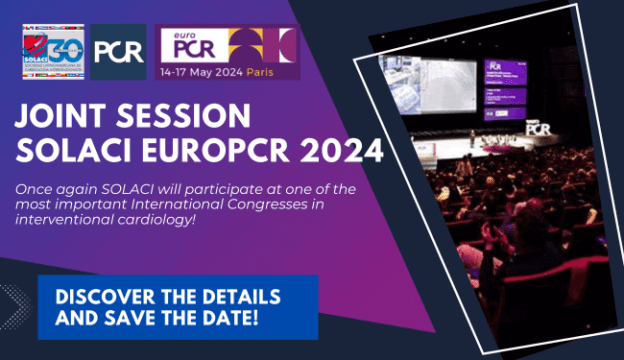Original Title: Ventricular Assist Device in Acute Myocardial Infarction. Reference: Deepak Acharya et al. J Am Coll Cardiol. 2016;67(16):1871-1880.
Patients undergoing acute myocardial infarction (AMI) with acute cardiac failure or cardiogenic shock have a high mortality rate with the conventional treatment.
This study assessed the outcomes of patients with AMI receiving a durable ventricular assist device.
All patients in the INTERMACS registry (Interagency Registry for Mechanically Assisted Circulatory Support) receiving a ventricular assist device in the context of AMI were included and compared with those receiving similar devices in other clinical contexts (not AMI).
In all, 502 patients with AMI received an assist device, 443 left ventricular assist devices; 33 biventricular assist devices; and 26 total artificial hearts.
Population mean age was 58.3 years and more than 70% were men.
In the group receiving the device in the context of AMI there was a higher proportion of patients had pre-operative intra-aortic balloon pumps (57.6% vs. 25.3%; p < 0.01), intubation (58% vs. 8.3%; p < 0.01), extracorporeal membrane oxygenation.
On month after ventricular assist device implantation, 91.8% of AMI patients were alive and continued with the support, 7.2% died on the device and 1% had a heart transplant.
After one year, 52% were alive and still on the support device, 25.7% had a heart transplant, 1.6% recovered and had the device removed, and 20.7% died on the device.
After adjusting for clinical differences, the AMI group requiring the device presented a short term mortality rate similar to that of the non AMI group (HR: 0.89; p = 0.30) but later on the first group saw a lower rate (HR: 0.55; p = 0.02).
Conclusion
Patients receiving a permanent ventricular assist device in the context of AMI in cardiogenic shock have a similar outcome to that of patients with similar devices despite being more critically sick prior implantation. Ventricular assist device implantation is an effective therapy for patients with post MI acute heart failure or cardiogenic shock when standard therapy fails.





